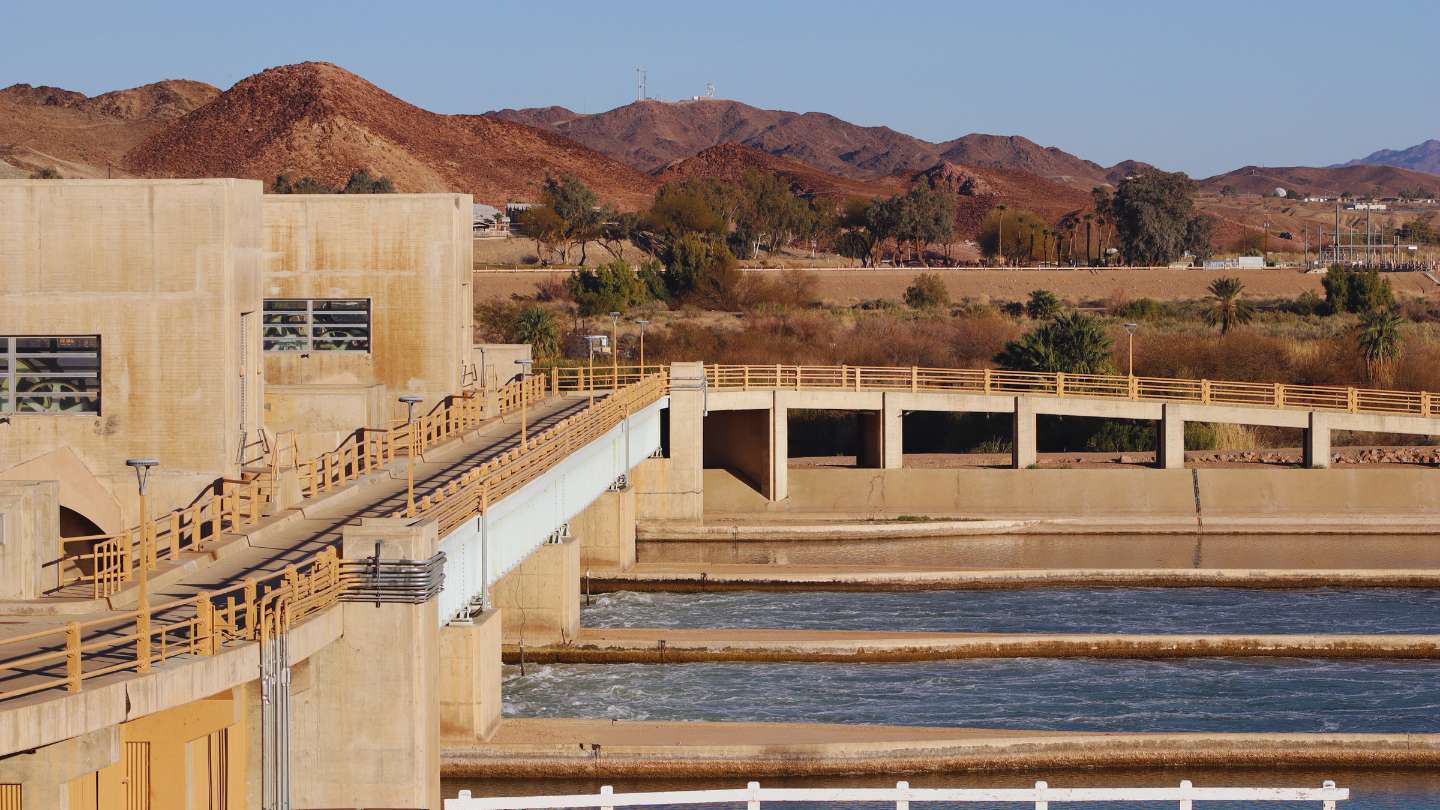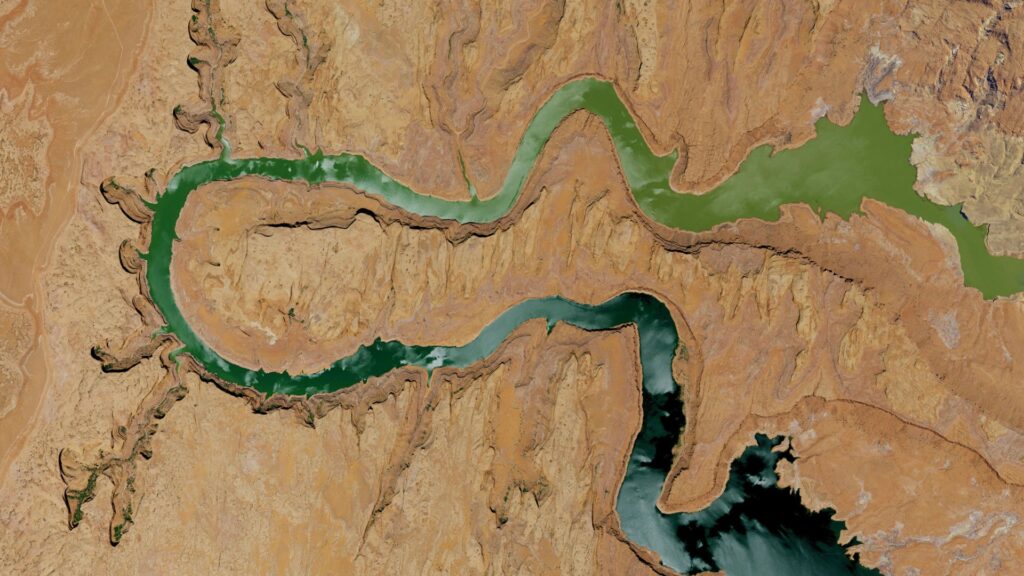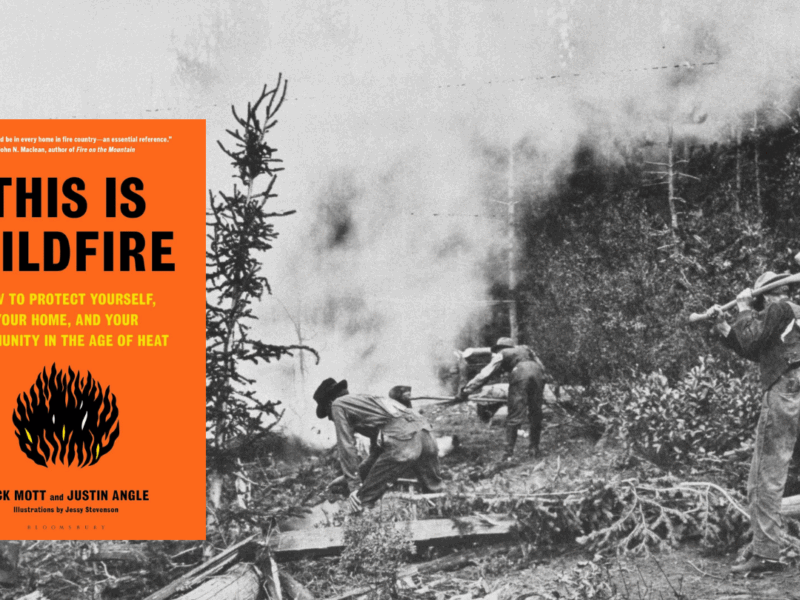
Water Weekly: Breakthrough deal possible thanks to wet winter
The big story in Western Water this week, whether it really means anything, and more good news from the snowpack…
1. A Breakthrough Deal to Keep the Colorado River From Going Dry, for Now
The New York Times shares the news that California, Arizona and Nevada have agreed on a plan to save 3 million acre-feet of water over the next three years in response to the federal government’s demand that Colorado River states reduce use to shore up the system’s critical infrastructure. Farmers, tribes and municipalities will be compensated via $1.2 billion in federal funds appropriated in the 2022 Inflation Reduction Act for 2.3 million acre-feet of those reductions. The states still need to work out how to achieve the other 700,000 acre-feet in cuts, with the feds saying they can withhold the water should they not materialize. That move would almost certainly be challenged in court. And even with all that uncertainty, the agreement, “is far less, on an annual basis, than what the federal government had demanded last summer,” Reporter Christopher Flavelle writes. “The Interior Department was able to negotiate less drastic cuts thanks to an unusually wet winter provided snowpack levels in the Colorado Basin that are far above average.” What happens next? The Bureau of Reclamation now has to study the impacts of the proposal before the deal can be formally approved. Meanwhile, negotiations on a post-2026 Colorado River water agreement kick off next month. Stay tuned.
2. Reclamation boosts Klamath Basin water allocation
On another transboundary river in the West where the politics of drought response have been hot and getting hotter, this year’s wet winter appears set to cool things down. Reclamation announced that it’s planning to release 45,000 more acre-feet of water from Klamath Lake this year than last. That’s great news for farmers in the Klamath Basin and endangered fish in the Klamath River. Intrepid Farmer-Stockman reporter Tim Hearden writes, “Reclamation says the updated 2023 allocations are based on analysis of existing hydrologic conditions and inflow forecasts from the California Nevada River Forecast Center and the Natural Resources Conservation Service.” Reclamation’s regional director expressed cautious optimism at the situation: “Although we are not seeing a return to normal expectations for snow and rain, we are pleased that conditions are on the upswing after three consecutive years of extreme drought.”
Get the Water Weekly in your Inbox each week.





